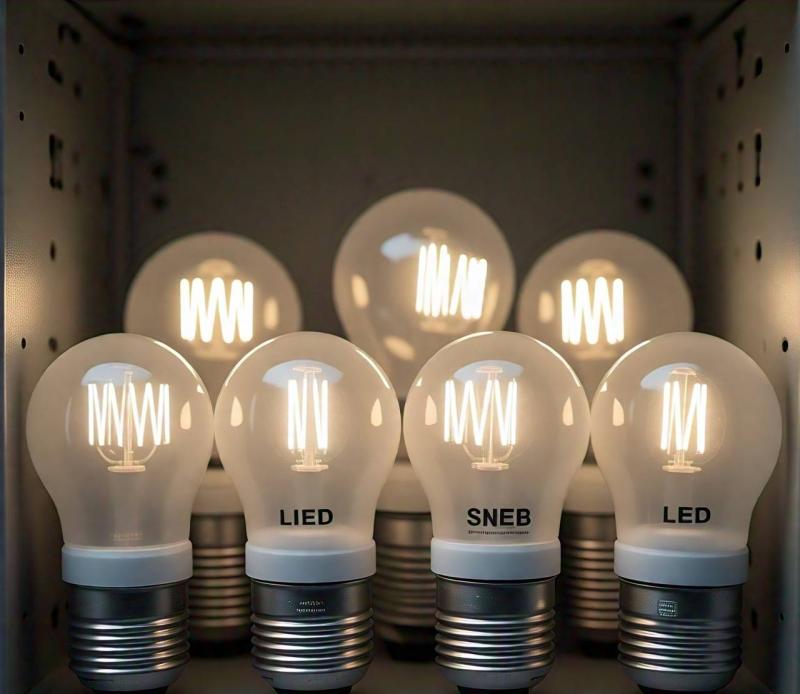How to Properly Dispose of Old Light Bulbs A Recycling Guide

We all have light bulbs at home. And although they generally have a long life cycle, the time comes to get rid of them and we may not be very clear about where to deposit them or how to give them a second life.
Packaging has been recycled in Spain for over 27 years since the Packaging Law was passed in 1997. Citizens have been learning over the years and the recycling system has evolved: it is increasingly simpler and more efficient, and more objects can be recycled.
However, there are still doubts about how to recycle some objects, especially those that combine more than one material, such as light bulbs. These generally have a glass part, a metal part, a plastic part, and in some cases, chemical elements and heavy metals that can be toxic.
That's why it's especially important to know how to recycle light bulbs and reduce the impact they can have on the environment. Take note:
1. Do not throw light bulbs into the glass container.
Never. As we have said, they are made from various materials and must go through a specific process to separate them.
2. Each light bulb is recycled differently.
And, in fact, there are light bulbs that cannot be recycled. Look at the type of bulb and, if you have any doubts, ask at the nearest recycling center or at any hardware or DIY store.
3. Go to the recycling center to recycle the following light bulbs:
-Fluorescent These are glass bulbs with mercury vapor inside. Therefore, each of their parts can be recovered and recycled, and it is important that this is done properly so as not to emit mercury into the environment.
-Energy-saving or compact fluorescent bulbs These bulbs use the same technology as traditional fluorescent bulbs but consume less energy. However, they must still be recycled to reduce their impact on the environment.
-Discharged As these bulbs also contain mercury (“discharge” refers to the discharge of mercury) they must be recycled at a clean point so that the parts can be separated and the metal isolated.
-LEDs. LED bulbs do not use gas or halogens inside, but diodes and metals. They are less polluting and more efficient than traditional bulbs and can be recycled without any problem at any recycling center.
-Luminaires. Devices that contain one or more bulbs can and should also be recycled. By depositing them at a recycling center, the materials they are made of are separated. Some luminaires contain small amounts of mercury, which must be carefully sorted.
Check your nearest recycling center and take the light bulbs to be recycled. You can take up to three light bulbs per person per day. In some supermarkets and hardware stores there are mobile recycling centres and containers that will later be taken to recycling plants.
4. Waste container.
As we have mentioned, there are some light bulbs that cannot be recycled. For this reason and because they are usually much less efficient, their use is not recommended. These light bulbs are deposited in a dark green or grey container (depending on the location) for waste or residual fraction. These are the light bulbs that you should throw away in these containers:
-Of filaments
They are typical of older installations and are not very energy efficient. As they cannot be recycled, they must be placed in the waste container; never in the glass container, as they contain more materials that would make the recycling process more difficult.
-Halogen
They are made of glass, metal filaments, and different gases, which makes them impossible to recycle. Since September 2018, their sale has been prohibited, but if you still have some at home, make sure to throw them into the grey or dark green container when you are not going to use them anymore.
5. Don't forget that you can reuse them and give them a new life.
But always, when disposing of them, do so in the appropriate container.
Now that you know how to recycle each light bulb, take all the ones you are no longer using at home to their proper place. Don't throw them away; recycle them. Better for everyone!
Post Your Ad Here
Comments